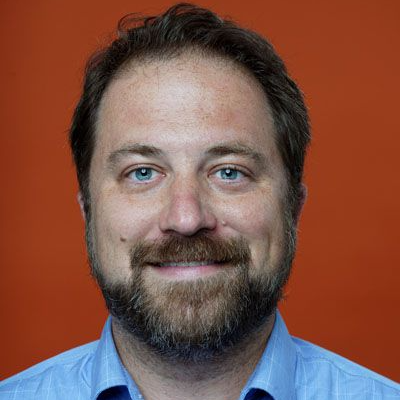Known as a master trial lawyer over 50 years, Stephen L. Snyder may have asked one too many questions of a former client while representing himself during his federal trial on attempted extortion.
Prosecutors accuse Snyder, 77, of exceeding the demands of his client when he demanded $25 million from the University of Maryland Medical System to be retained as a consultant for its organ transplant program. Snyder says he was doing what his client wanted, and elicited as much when he put her on the witness stand.
But in his very last question Wednesday, regarding a waiver that Snyder had asked her to sign, the client, Michele Sanders, said she had become upset with his eventual proposal. What had started out as an effort to reform what she believed were problems in the UMMS transplant program had morphed into something else.
“You would be on their side, and you couldn’t help people like me anymore,” Sanders testified. “I said if you ever did this, I would never speak to you again.”
In conversations secretly recorded by the FBI, Snyder told UMMS officials that Sanders was “crazy,” and that if they hired him as a consultant, he would be conflicted from bringing additional cases. He said they could use him as little or as much as they wanted, and hospital officials testified that he gave little indication of what they would be paying him for other than to not bring a threatened publicity campaign that he said would bring the hospital to its knees.
It’s unclear whether Sanders was aware of what Snyder said to UMMS representatives in those conversations. But standing outside the federal courthouse after her testimony, Sanders said she still supported Snyder.
“I don’t believe he’s guilty,” she said.
Snyder’s trial, more than six years in the making, is coming to a close. Snyder has been struggling to try the case and frequently runs afoul of U.S. District Judge Deborah Boardman, who has admonished the trial lawyer for repeatedly violating rules of evidence, her orders and courtroom decorum. Boardman told Snyder she would shut down his questioning if he refused to stop asking leading questions. Snyder asked if she could give him a warning first, despite being warned many times.
“You are on notice,” Boardman said. “I will not give you any more warnings.”
Later, Boardman said she wanted closing arguments to follow the conclusion of testimony Thursday. Snyder pleaded for more time.
“I’m not healthy, and I’m having a lot of problems,” he said.
Boardman said he had elected to represent himself and needed to be able to handle the demands of the case.
The case arises from two clients whom Snyder took on who said they suffered complications from transplant surgery at UMMS. The case has pulled back the curtain on the hidden world of malpractice settlements — testimony showed Snyder engineered an $8.5 million settlement for one client, who later died, and a $5 million settlement for Sanders after her husband died.
In videos produced by Snyder and shown to UMMS officials, Sanders tearfully recounted the pain of losing her husband, who she said unknowingly accepted a high-risk kidney.
Snyder said he uncovered deeper problems within the transplant program, and said he would mount a publicity campaign against the hospital if they didn’t hire him as a consultant.
Hospital officials say Snyder misstated or twisted facts about the transplant program and didn’t understand the hospital’s approach that encouraged giving higher-risk transplants to patients who were being overlooked by other institutions.
Still, Snyder enlisted outside experts who told him UMMS was out on a limb and producing poor results.
“You are playing with fire,” Snyder wrote in prepared remarks for a presentation to the hospital.
Federal prosecutors say Snyder’s threats to the hospital in exchange for the payday that he demanded amounted to attempted extortion. Snyder says he was simply being an aggressive lawyer — his trademark as he won multiple nine-figure verdicts and settlements and became known as one of the most successful plaintiffs’ attorneys in Maryland and beyond.
He’s pointed to the fact that he solicited legal ethical advice from multiple attorneys — which was the justification that the U.S. Attorney’s Office gave when initially clearing Snyder of criminal wrongdoing in 2018. New prosecutors decided to pursue the case and obtained a grand jury indictment in 2020. Snyder has been prohibited from letting jurors know about the earlier decision by prosecutors.
Snyder called attorney J. Jonathan Schraub as an expert witness on Tuesday. Schraub said he believed there was “nothing unusual” about Snyder’s efforts to consult with the hospital. He said that while the $25 million “sounds like an eye-raising amount,” Snyder would have brought “substantial value” to the hospital by “switching sides” and becoming an “ally.”





Comments
Welcome to The Banner's subscriber-only commenting community. Please review our community guidelines.